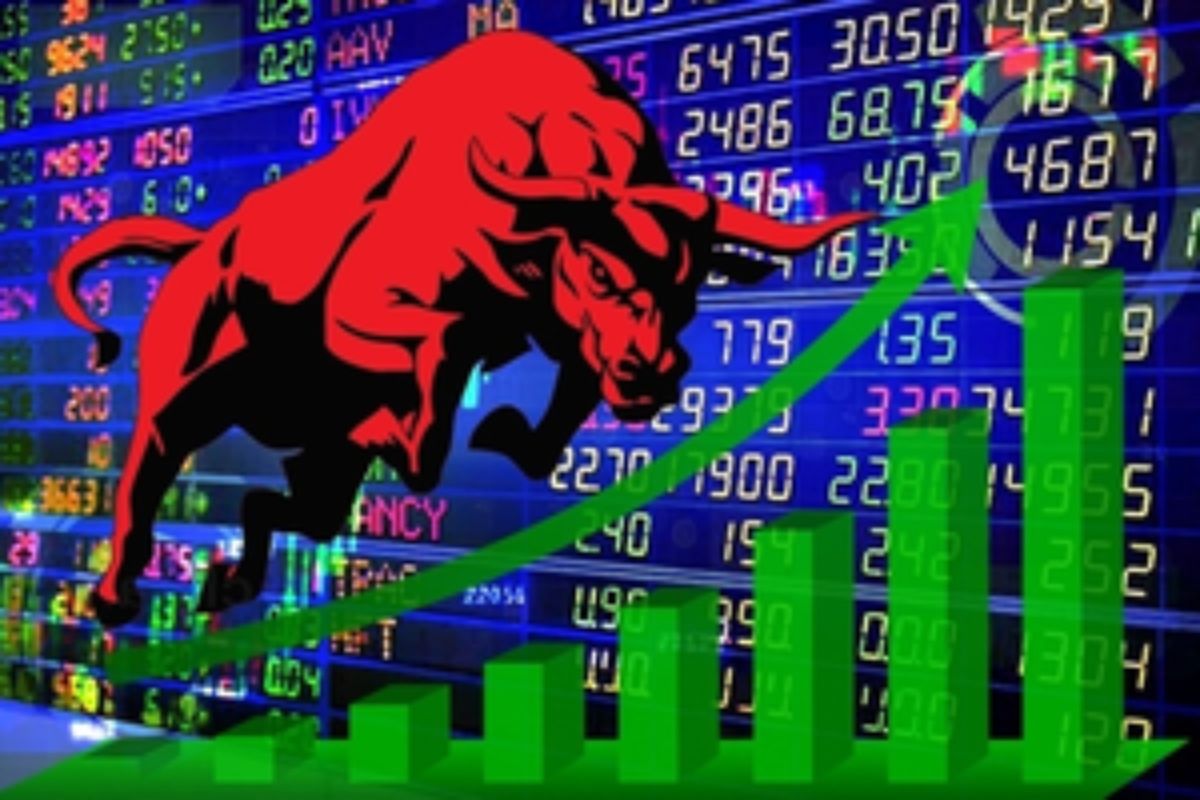BJP leaders distributed Rs 1,100 to buy votes in Delhi: AAP’s Sanjay Singh
AAP Rajya Sabha MP Sanjay Singh on Friday claimed BJP leaders distributed Rs 1,100 openly to buy votes.
With voting in all seven phases of the Lok Sabha election concluded, the nation stands on the brink of a significant political moment.

Photo: IANS
With voting in all seven phases of the Lok Sabha election concluded, the nation stands on the brink of a significant political moment. With counting scheduled for June 4, investors and market watchers are keenly anticipating the impact of the results on financial markets. This pivotal juncture in the world’s largest democracy carries substantial implications for India’s economic trajectory and market stability.
The current sentiment among financial experts suggests that the benchmark indices, Nifty 50 and BSE Sensex, may be somewhat inflated, indicating a potential for correction. This belief is grounded in the understanding that market valuations have reached high levels, and any deviation from expected election outcomes could trigger volatility. A clear majority for the BJP-led NDA is widely anticipated to boost market confidence, reinforcing investor sentiment and potentially driving the Nifty 50 towards 24,200 and the BSE Sensex to around 78,500. This optimism is rooted in the expectation of policy continuity and economic stability under a strong, decisive government.
Advertisement
Historical patterns support the notion that markets respond positively to clear and stable political mandates, reducing uncertainty and fostering growth. Conversely, if the BJP secures fewer seats than necessary for a decisive majority, the markets might face turbulence. Small-cap stocks, in particular, are vulnerable to political instability and could see significant declines in such a scenario. While largecap stocks might also correct, their resilience compared to small-cap stocks could mitigate the severity of market fluctuations. Beyond the immediate election results, broader economic factors will play a crucial role in shaping market trends. The Reserve Bank of India’s (RBI) monetary policy, particularly the possibility of interest rate cuts later in the year, will be influenced by the performance of the monsoon.
Advertisement
A favourable monsoon could prompt the RBI to lower rates, thereby providing an additional boost to the economy and markets. Amid these developments, a prudent approach for investors is to maintain a long-term perspective. While election results can cause short-term market movements, the fundamental strength of the economy, technological advancements, global events, and corporate performance are vital in determining long-term market trajectories. Investors are encouraged to avoid making hasty decisions based on speculative outcomes and instead focus on solid investment plans and diversified portfolios to manage risks effectively. Many investors are currently adopting a waitand-watch strategy, holding onto cash until the election results are clear.
This cautious stance reflects the unpredictable nature of political events and the risks associated with attempting to time the market. It underscores the importance of patience and strategic planning in navigating periods of uncertainty. As we approach the election results on June 4, the key for investors is to stay informed and prepared for various scenarios. A well-crafted investment strategy that emphasises long-term goals, diversification, and fundamental analysis will be essential in weathering the post-election market landscape. While short-term volatility is expected, maintaining a disciplined approach will help investors manage risks and capitalise on future growth opportunities.
Advertisement